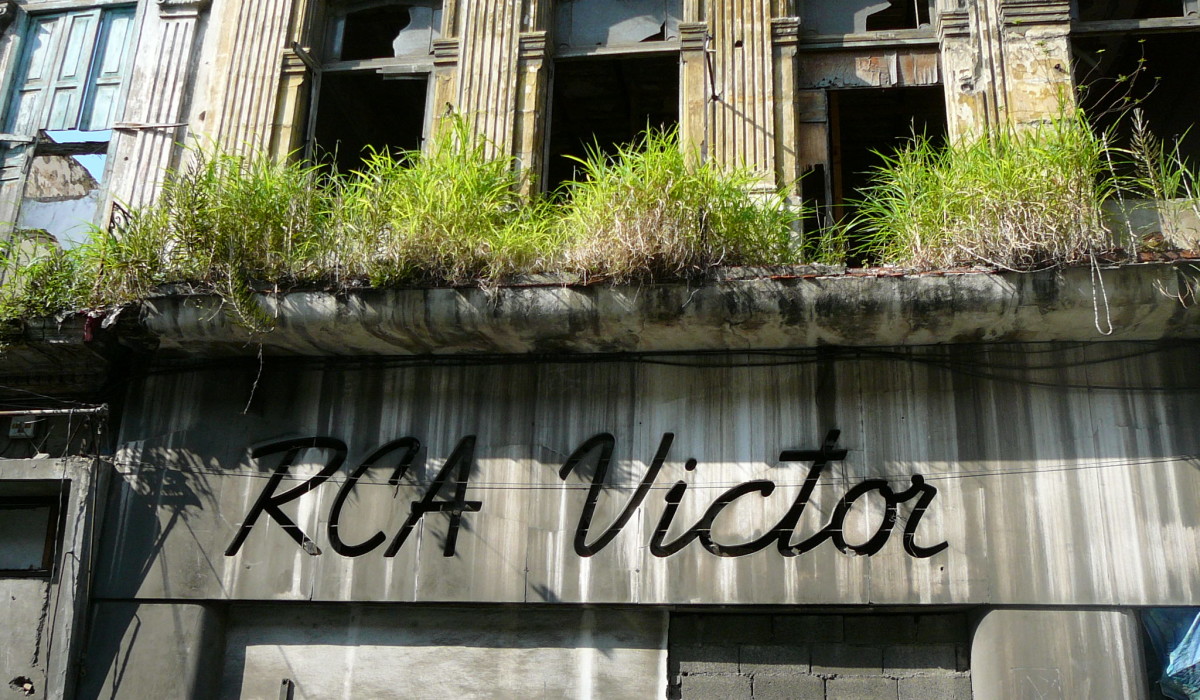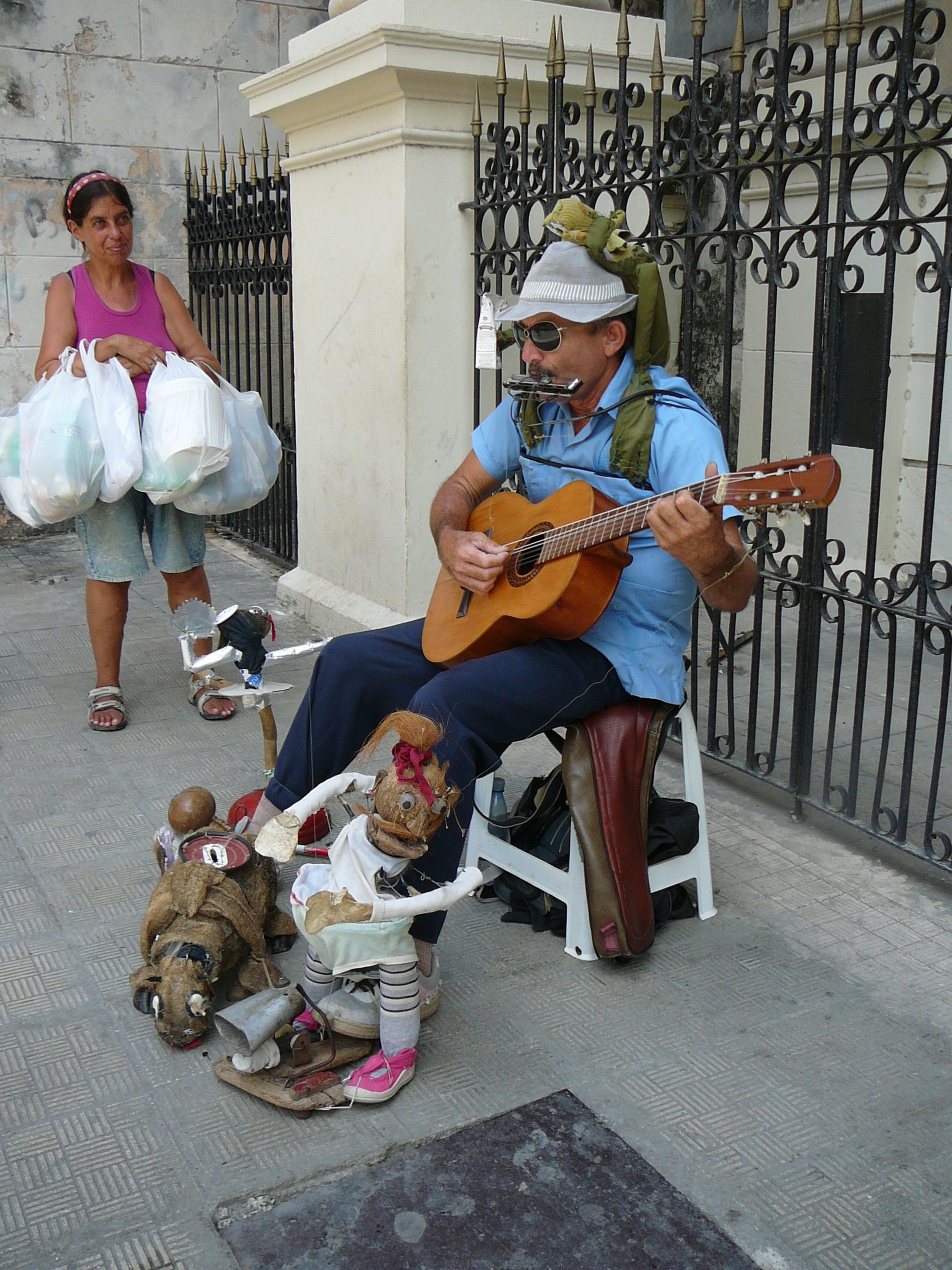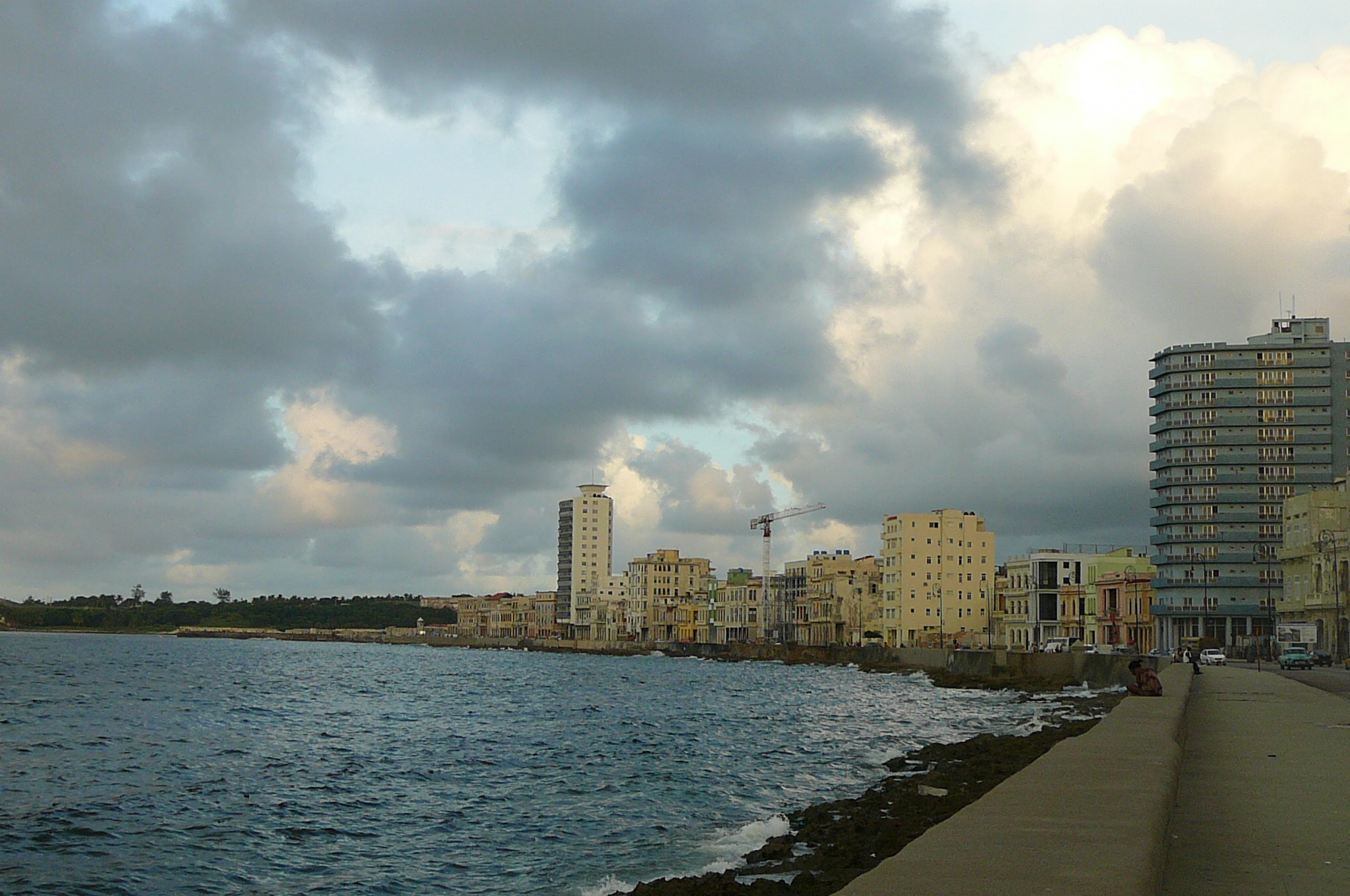1. DON’T spend all of your time with other tourists and foreigners. You are likely to hear a lot of nonsense from people who are not very well informed, yet think they know everything. You’d be surprised how many people “enjoy” the city from the comfort of their resort style hotels without setting foot in the real Havana. After reading a guide book or two, and visiting only the well-known tourist destinations, they feel competent of expressing their misinformed views and opinions. Pfft.
2. DON’T be shy about speaking Spanish. Even the most basic gracias and por favor will be immensely appreciated by the locals. No one will laugh at you for making mistakes when trying to dig out whatever words and sentences may be hidden in the dark corners of your brain, possibly from as far back as your high school days.
3. DON’T be too suspicious. Yes, a lot of those trying to strike up a conversation with the usual “Hello my fren, where you fron?” are jineteros/jineteras (hustlers), but not everyone is. Some people will just want to talk and have a glimpse of the world and a way of life unreachable to most. Even though there is not a lot of violent crime in Cuba, especially not towards tourists, a certain amount of caution is advised. Here’s a little story from personal experience. My significant other and I were strolling up a quiet, dark street of Havana Vieja, immersed in a conversation and the only person we saw was a young man who passed us on a bicycle. A few seconds later he reappeared and started pedaling hard toward us, came very close to me and grabbed my purse strap. He didn’t get away with my purse and only managed to break the strap. It all happened in a split second and the only consequence was a big bruise on my arm, but it could have easily ended differently. A city like any other, Havana has its fair share of purse snatchers and gold chain grabbers, so be aware of your surroundings.
4. DON’T spend time in places where there are no Cubans. These places have been designed to part you with as many of your hard earned dollars as possible, but will in no way contribute to an authentic experience of Cuba. If you are still inclined to have your picture taken hugging a life sized, bar leaning Hemingway, you are going to pay too much for sipping an otherwise average daiquiri. As for Tropicana, I’ve been there once and I still have mixed feelings about it. The venue is beautiful-lush gardens and an open air auditorium with tables around a circular stage, the show is great-singers and dancers are really giving it their all, costumes are beautiful and elaborate. It was strange, though, looking around the audience before the show started and realizing I am surrounded by hundreds of pale skinned tourists bused in from their Varadero resorts and cruise ships, and not a single Cuban in sight. Not that Cubans don’t want to see a good show, they simply can’t afford it and I don’t really feel good about that.
5. DON’T buy cigars on the street. I’m sure you’ve heard this from many different sources, but that is because it’s a good advice. Unless you are a complete idiot, which of course you are not, those cigars are not going to be fake (banana leaves instead of tobacco, maybe you’ve heard that one), but they are going to be of such inferior quality that you will be wasting money and at the same time encouraging this particular black market to flourish.
6. DON’T leave your temporary home without water. If you think this is unnecessary advice, think again. There are usually only a few days a year when you will not be dying of thirst even after a short walk. Yes, Havana is that hot-literally and otherwise. There is a good chance you will find yourself in a part of town where there will be no stores or cafes in sight, and then, you will be glad you took my advice. In any type of accommodation you choose for your stay in Havana- a casa particular, expensive hotel or a cheap (and often not so cheerful) one, you will have a small fridge in your room. So there, no excuses.
7. DON’T rent a car unless you are planning to go outside of the city. With so many options for getting around Havana-taxis, bicitaxis, coco taxis, colectivos (communal taxis) and guaguas (public buses), you really don’t need a rental. Plus, they are not cheap, in fact, you can consider yourself lucky if you pay less than $100 a day for a small Korean or Chinese car. There are not nearly enough rental cars, so often trying to find one without a prior reservation seems like an impossible task. If you are planning on going outside of the city, driving in Cuba is pure pleasure. There are usually only a few cars on the roads, you can stop pretty much anywhere you want, and you only need to watch for chickens, pigs, cows, dogs, horse and ox drawn carts, bicyclists and people walking on the side of the road.
8. DON’T plan on doing too much. If you do, the whole city and everything you’ve done may end up being just a big blur. Make sure you leave enough time to enjoy excellent Cuban coffee in the mid-morning heat somewhere in Havana Vieja, or to take an aimless stroll through a residential area of Vedado or Miramar, all the while envying the lucky people living in beautiful neocolonial houses with huge rooms and twenty foot ceilings. But whatever your idea of travel time spent wisely may be, there is one thing you simply cannot miss doing-sitting on the Malecon in the evening, with waves sloshing against the rocks behind your back, cooling the air with the help of a gentle breeze, and watching the world go by.
9. DON’T be impatient. Life is different in Cuba, but that’s one of the reasons you wanted to visit it in the first place. People are more relaxed and they take their time when doing things. It may be frustrating having to wait in a long and slow line to change money in the bank, but you might as well make the best of it and use the opportunity to strike up a conversation or take some interesting photographs. You can’t and you shouldn’t even try to change the way things work here.
10. DON’T believe everything you’ve read and heard about Cuba. Remember that even the best books and travel guides were written by a person and will, in some way, reflect personal views which may not be the same as yours. On the contrary, this doesn’t mean you shouldn’t read any of them. Cuba is a complex country and to be able to understand its past and present, you need to be well informed. So, in order not to contradict myself-don’t even take any of my advice for granted.




Two very well written comments. Sir. Having been traveling to Cuba since 1986 i sometimes feel that nobody else really gets the place, snob that I am. But I can see that you do. I am looking forward to reading your “month in Havana” series very soon. Please keep up the on the spot commentary.
Thank you Ole! New posts are coming soon.